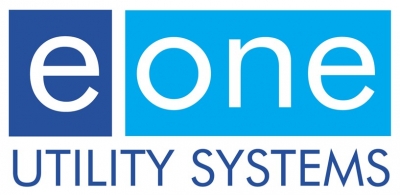New Developments in Early Detection of Generator Overheating may Prevent Catastrophic Turbogenerator Failure
Today’s power plant operator faces a range of challenges, from the reduction of well-trained plant personnel, to load cycling, to extended periods between outages and grid fluctuations brought about from renewables. The added stress placed on large power generators – both hydrogen and air-cooled – lends increased credence to online condition monitoring technologies and risk mitigation strategies.
Generator Condition Monitors, or Core Monitors, have been used for many years to detect hot-spots in hydrogen-cooled generators. Corrective action based signals from this equipment has helped plants minimize damage to generators. This webinar will cover the operating principle behind the Generator Condition Monitor and how using this technology can mean the difference between a brief shutdown for minor repairs and a major overhaul.
This webinar will also review the use of Generator Condition Monitors to detect overheating in air-cooled generators. Recent advancements in air-cooled generator designs have resulted in increasingly higher power ratings. The higher power densities place significantly greater stresses on the materials and structures, making slight decreases in cooling efficiencies much more critical. Probability of overheating in these air-cooled machines becomes greater as designs are pushed closer to their critical limits.
E/One Utility Systems and services can help you minimize forced outages and maximize your large steam turbine generator's performance. Offering a full range of customized solutions for all types of generators, from consulting, site evaluation, installation and support, to training, upgrades, and turnkey service, we'll help get you through outage season with the confidence of knowing that you have the industry's most trusted advisors working for your team.
Presented by

Steve Kilmartin,
Director of Products & Markets
Steve Kilmartin is director of products and markets for E/One’s Utility Systems business. Considered a leading expert in the field of generator monitoring and maintenance, he has authored numerous papers, including work as principal investigator for the “EPRI-Turbine-Generator Auxiliary Systems, Volume 3: Generator Hydrogen System Maintenance Guide.â€
Mr. Kilmartin began his career with E/One in 1988 as an instrument specialist. Prior, he worked in the instrument shop at GE and also as an applications engineer at Mechanical Technology Incorporated in New York. His career has taken him in and around large machines, and around the world, for more than 30 years.




